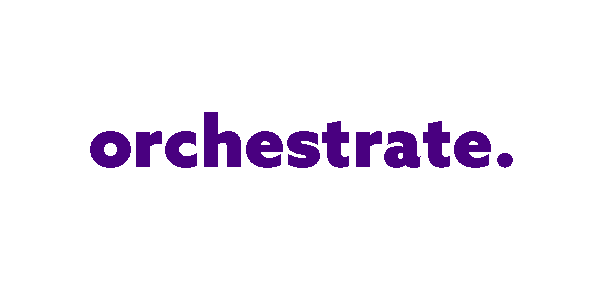We’ve been lucky enough to spend a bit of time away from the office relaxing and thinking back over the past 12 months of madness.
The events of 2020 had a profound and permanent impact on customer behaviour and expectations. As a ton of us during lock-down shifted from brick-and-mortar to online, the bar for user experience is increasingly being set higher and higher.
Customers now expect seamless digital journeys, contextually relevant messages, competitive pricing and flawless delivery. And yes, you better believe it because your customers have come to expect this and more.
The reality of course is that we don’t all have the processes and systems in place to respond much less the budget or know-how to implement.
Ok, so it’s easy to get caught up in short-term events and take tactical approaches rather than focusing on the long game. In difficult times, as challenging as they may be, developing a holistic strategy is always going to out-play random acts of marketing.
Its a test match not a T20
Make no mistake, remaining relevant to customers and generating value for them — and the business — now and in the future requires developing a vision, innovative thinking, the right investments in technologies, analytics, employees, and an organisational framework built on adaptation and flexibility.
Remaining relevant to customers and generating value for them — and the business — now and in the future requires developing a vision, innovative thinking, the right investments in technologies, analytics, employees, and an organisational framework built on adaptation and flexibility
While there are no simple answers or one-size-fits-all approach to future-proofing, the right business framework greatly increases the odds for long-term success. This includes greater marketing and sales alignment and a framework to implement technologies and processes and upskill workers. It is a long-term famework that requires a continuous improvement mindset and continued investment.
Prepare for change
Any talk of future-proofing your business is counterintuitive as there is no specific path as there’s no way to predict your future. The ablity to act and react to changing conditions involves a framework that thrives on unpredictability, business mindset and best practice technology platform.
PwC’s “Global Digital IQ 2020” study identifies key factors that generate payback from digital investments and help future-proof a business. The top 5 percent, what PwC describes as “Transcenders,” have established an organisational framework that thrives on unpredictability.
These organisations also invested 33 percent more than other companies in technology, processes, operating models, and new ways of working.
As a result, when trouble hit, these businesses didn’t need to talk about pivoting, and they didn’t need to rush to adapt. They had a clear view of how they would change, deliver results and beat the competition, underpinned by the technology investments they already had in play to make it happen.
How will you pivot in 2021?
For most of us the past 12 months have presented an amazing opportunity to learn and shift. In the end, the post-pandemic world is here and it’s different. Those who commit to investing in a business model that responds to a changing digital world will be the businesses of the future. It may mean improving productivity by engaging your audience with content at scale. Or it could be that you need to bring your customers a multi-channel shopping experience combining traditional and digital paths to purchase. Whatever pivoting means for your business when you create a meaningful and trusted relationship with customers you put yourself in a position to win.





